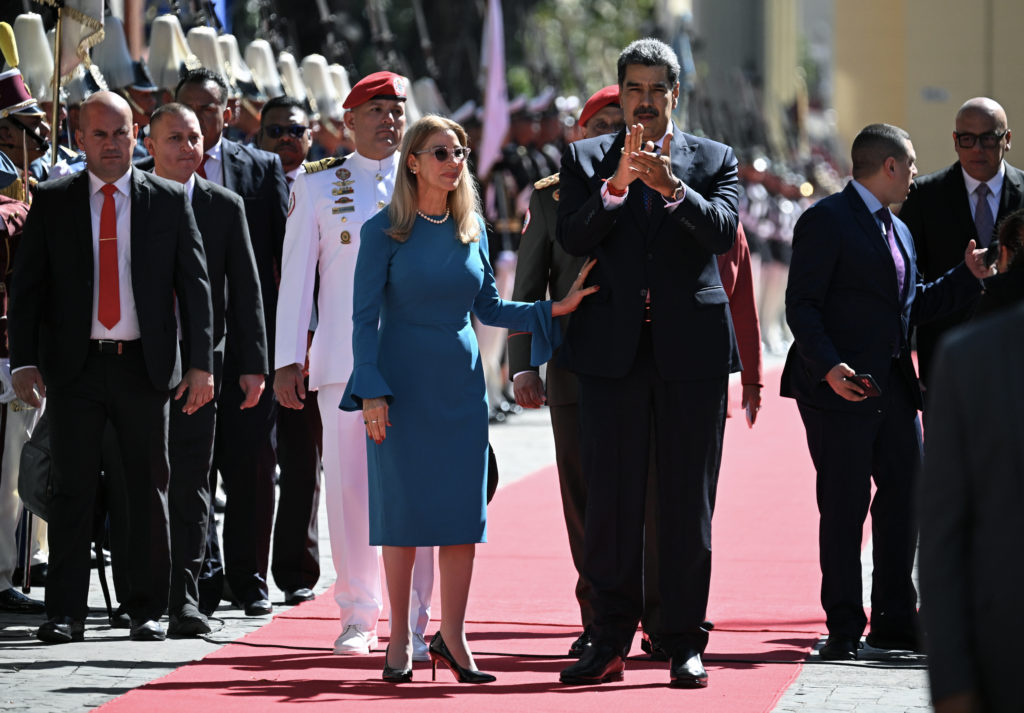Israel’s government on Wednesday sought to ease tensions with Bedouin over a controversial tree-planting project in the Negev desert, following days of unrest marking the latest test for a fragile coalition.
Sixteen people were arrested earlier Wednesday and five officers were lightly wounded in clashes that saw “rioters” throw stones at security forces, police said in a statement.
Bedouin, who are part of Israel’s 20 percent Arab minority, have long opposed tree-planting initiatives in the Negev, blasting them as a de facto government land grab in areas they call home.
The latest unrest in the decades-long dispute has attracted fresh attention given the make-up of Israel’s coalition government, led by right-wing Prime Minister Naftali Bennett.
Bennett’s government counts on backing from the leader of the Islamist Raam party, Mansour Abbas, whose core political support comes from Bedouin in the Negev.
Abbas told Israel’s Channel 12 news on Tuesday that his party will not vote with the coalition unless the tree planting is halted and formal negotiations with Bedouin leaders are launched to seek a compromise.
“Trees are not more important than human beings,” Abbas tweeted.
A statement from Social Affairs Minister Meir Cohen said “a compromise has been reached according to which the planting work will be completed today (Wednesday) as planned and starting tomorrow, accelerated negotiations will take place.”
The right-wing Regavim environmental civil society group called on Bennett’s government “to take a firm position against the Raam Party’s threats, to ensure that tree planting projects… are carried out as planned.”
Nearly half of Israel’s 300,000 Bedouin live in unrecognised villages in southern Israel’s arid Negev.
They face regular home demolitions and lack of access to basic services — including electricity, water and sanitation — challenges Abbas insisted be addressed in exchange for backing Bennett’s government.











